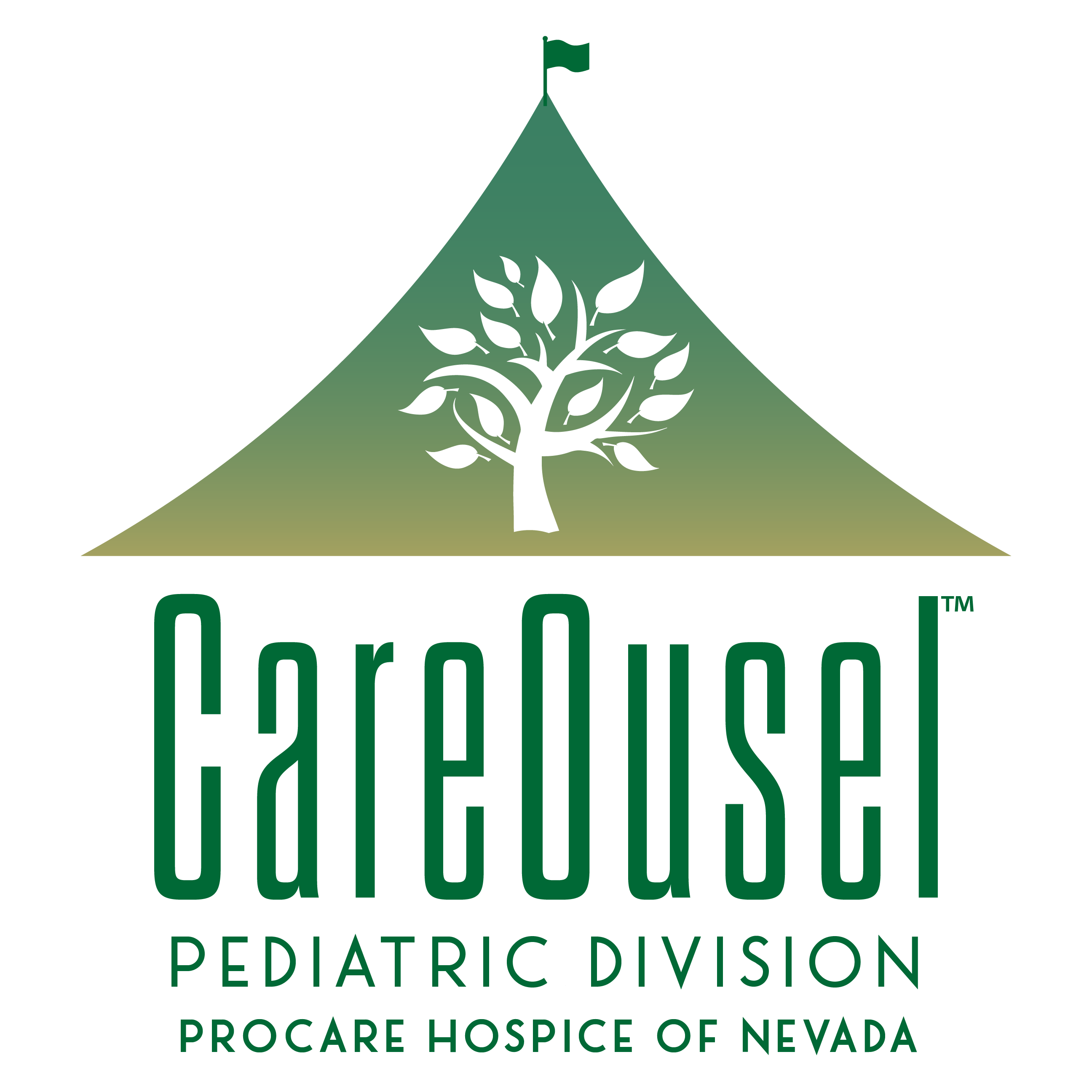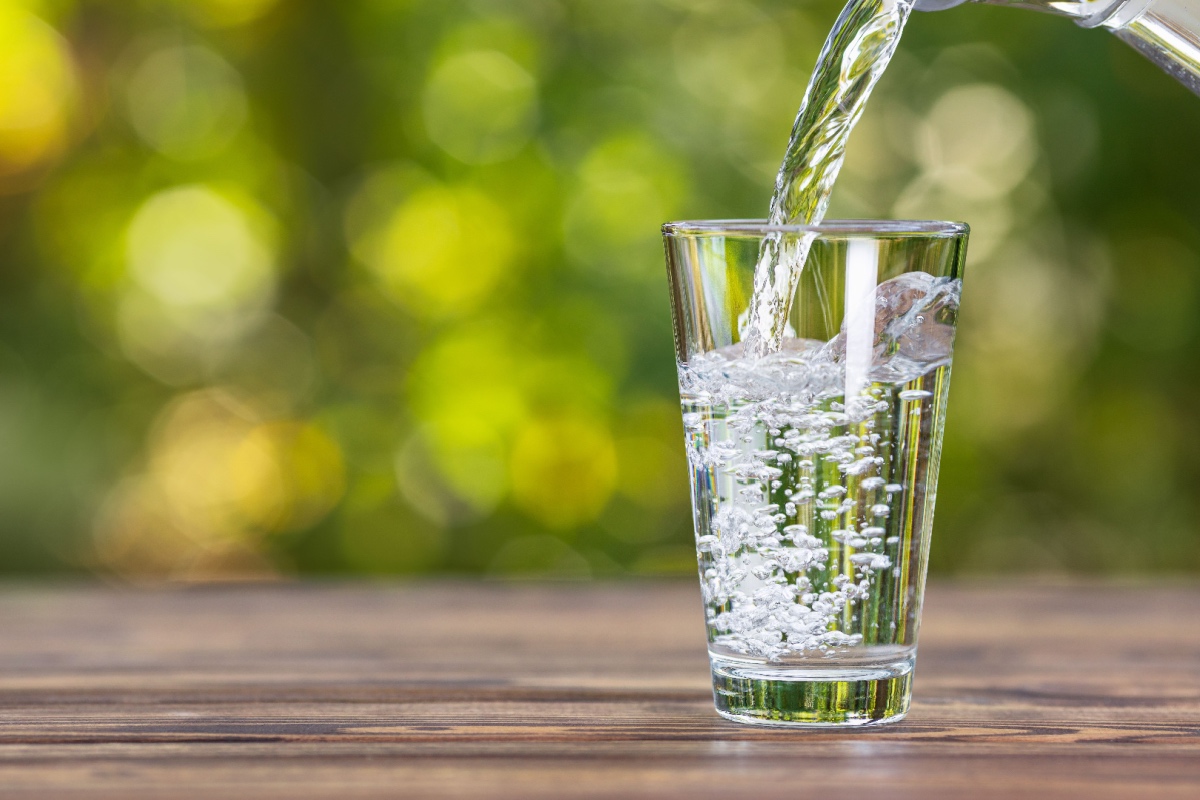Understanding dehydration is crucial in hospice situations, particularly in a hot, dry climate like that of Las Vegas, where the natural environment can exacerbate health challenges. Dehydration in hospice patients is more than just a matter of fluid intake; it relates to various complex changes in the body as it nears the end of life. For many, the concept of dehydration brings up images of someone very thirsty in a desert setting. However, in hospice care, it’s less about the amount of water consumed and more about how the body adjusts to a natural decline in physiological functions.
Table of Contents:
- Why Dehydration Occurs in Hospice Situations
- Causes of Dehydration in Hospice Patients in Las Vegas
- Positive Effects of Dehydration at End of Life
- Supporting a Hospice Patient’s Changing Appetite and Thirst
- Ensuring Comfort and Dignity at ProCare Hospice of Nevada
- FAQs
Why Dehydration Occurs in Hospice Situations
Many people are surprised to learn that in the setting of terminal illness, the body itself may reduce the sensation of thirst. This is a natural adaptation to help manage the workload on the heart and kidneys, which are often already strained by illness. This doesn’t mean the body needs less water, but rather, it’s a sign that the body is trying to preserve its remaining strength.
Symptoms of dehydration in hospice patients can include dry mouth, fatigue, dizziness, and less frequent urination. These symptoms are important indicators for caregivers, who must balance the need to manage these symptoms with the understanding that forcing too much fluid can also be harmful.
Recognizing and managing dehydration involves careful observation and gentle intervention. Care strategies might include offering small amounts of fluids frequently, providing moist foods, and using care products like lip balms and moisturizers to enhance comfort. In Las Vegas, where dry air exacerbates dehydration, these strategies are particularly important. Educating families about these signs and interventions can help them understand the natural progression of their loved one’s condition, alleviating unnecessary stress and focusing on comfort and quality of life in their final days.
Causes of Dehydration in Hospice Patients in Las Vegas
Early-stage Factors: Appetite Loss and Medication Effects
In the early stages of a terminal illness, patients may start to eat and drink less. This can be due to a loss of appetite, which is a common side effect of many serious illnesses and the medications used to treat them. Medications might also make patients feel nauseous or full, leading them to consume less fluid. This initial reduction in fluid intake can be manageable, but it requires attentive care to ensure it doesn’t progress to severe dehydration
Late-stage Factors: Natural Progression of Terminal Illness
As a terminal illness progresses, a patient’s body undergoes many changes, some of which may naturally lead to less fluid intake. This reduction is often part of the end-of-life process, where the body gradually shuts down.
Positive Effects of Dehydration at End of Life
While the idea of dehydration usually brings concerns, it can surprisingly have some benefits for hospice patients at the end of their life. One of the most significant benefits is the natural release of endorphins. Endorphins are chemicals in the brain that act like natural pain relievers. They help promote a sense of peace and can make the patient feel more comfortable and less distressed.
Another positive effect of reduced fluid intake is less physical discomfort. For many terminally ill patients, too much fluid can lead to swelling and difficulty breathing, which are uncomfortable and can worsen their overall condition. Reducing fluid intake helps alleviate these issues, allowing the body’s systems to focus more on comfort rather than dealing with excess fluids. This is particularly relevant in hospice care, where the main goal is to ensure the patient’s comfort and dignity.
Effects on the Heart and Circulatory System
When a person drinks less, their heart and blood vessels don’t have to work as hard to move fluids around the body. This can be very important for hospice patients, who often have weakened hearts. Less fluid in the body means less strain on these systems, helping to prevent complications like fluid buildup in the lungs or swelling in the legs, which can be particularly uncomfortable and distressing.
These benefits demonstrate that dehydration at the end of life is not always a negative experience but can be a part of a natural process that eases the patient’s final days. Understanding these aspects can help families and caregivers make more informed decisions about their loved one’s care, focusing on comfort and quality of life rather than adhering strictly to medical interventions that might not provide the intended relief.
Supporting a Hospice Patient’s Changing Appetite and Thirst
In the context of hospice care, it’s crucial that care plans are designed to be flexible, adapting to the changing needs of the patient. This approach is especially important when managing symptoms like changes in appetite and thirst. Caregivers and healthcare providers must focus on providing comfort rather than rigidly adhering to predetermined goals for fluid and food intake.
For instance, as a patient’s condition evolves, their ability and desire to consume fluids and nutrients will likely decrease. Instead of strictly following a set amount of fluid or calorie intake each day, care teams should monitor the patient’s condition and adjust the care plan based on their current needs and levels of comfort. This patient-centered approach ensures that care remains compassionate and responsive, prioritizing the patient’s dignity and quality of life during their final days.
Such flexibility in care plans helps to alleviate unnecessary stress for both the patient and their family, allowing for adjustments that directly address the patient’s comfort. This is particularly important in hospice care, where the primary goal is to support a peaceful and pain-free end-of-life experience.
Ensuring Comfort and Dignity at ProCare Hospice of Nevada
The management of dehydration in hospice care is critical for providing patients with a serene and dignified end-of-life experience.
If you or someone you know is facing the challenges of end-of-life care and may benefit from hospice services, do not hesitate to reach out. ProCare Hospice of Nevada is here to provide support and expert care. Contact us at 702-380-8300, our team is ready to assist you with expertise and kindness, providing the support your loved one needs during this profound chapter of life
FAQs
- What is dehydration in the context of hospice care?
Dehydration occurs when a person does not take in enough fluid to keep their body functioning normally. In hospice care, it often happens as a natural part of the body’s preparation for the end of life, where the need for fluids decreases.
- Why is it important to manage dehydration in hospice patients?
Managing dehydration is crucial because it helps maintain the patient’s comfort and dignity during their final days. Proper management can prevent discomfort and ensure a more peaceful end-of-life experience.
- Should fluids be forced on a hospice patient to prevent dehydration?
No, forcing fluids is not recommended in hospice care. The goal is to respect the natural decrease in fluid intake and to focus on the patient’s comfort rather than strictly adhering to fluid intake goals.
- How can families help manage dehydration in their loved ones who are in hospice care?
Families can help by understanding the care plan set by healthcare professionals, which includes observing for signs of discomfort related to dehydration and communicating any concerns to the hospice team.



 Back To Top
Back To Top